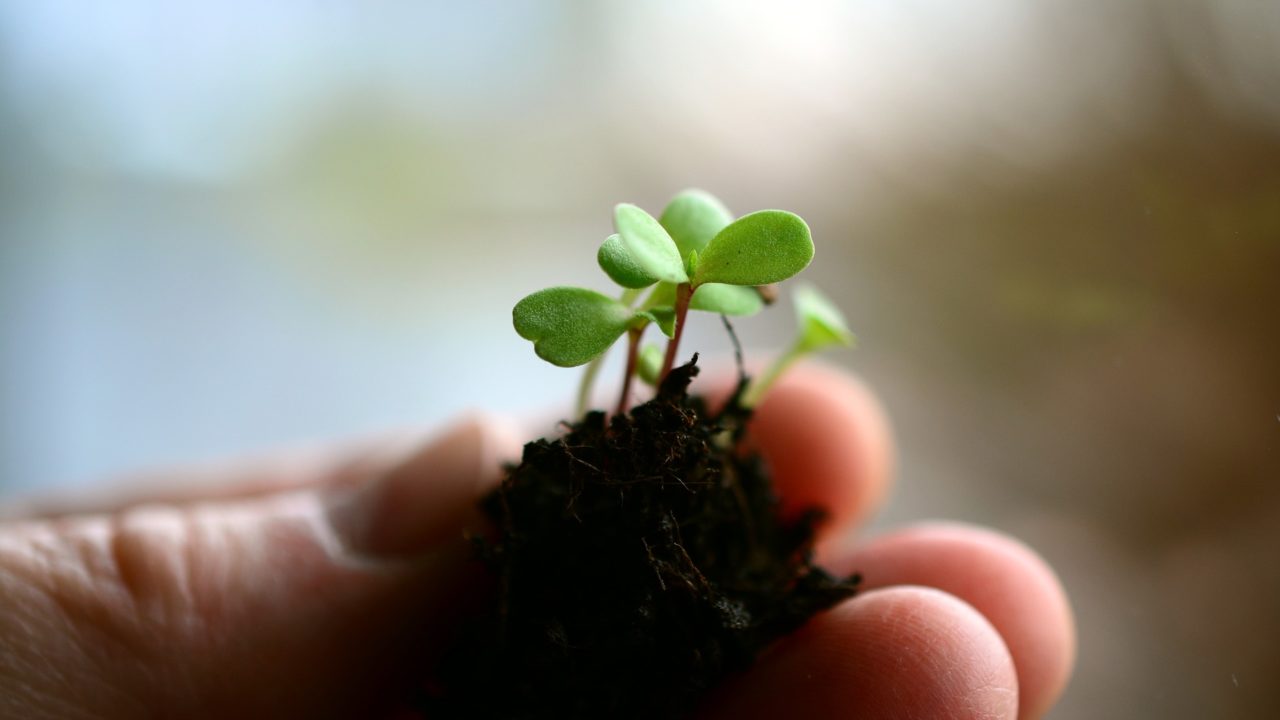‘Be careful what you wish for, as you might just get it’. For big chunks of the farming community that old phrase may have just come true with the lack of green party representation in the next government.
Over the last four years, farmers from marts to co-ops have blamed much of our worries and concerns at the door of the Green Party and its particular set of ministers.
In some cases this may have been understandable; concerns about greenhouse gas (GHG) emissions from the cattle herd led many to believe policy had shifted to the point where farmers were being actively encouraged out.
Many farmers felt that the lack of support in the face of rising fertiliser prices could be linked back to the Greens.
Others questioned if the reduction in the nitrates derogation from 250kg of organic nitrogen per hectare to 220kg was not partially at the behest of the junior government party.
So with government formation looking to be free of Greens and instead made up of two parties who have made numerous promises to farming voters, surely agriculture will be set for a glorious 2025 and onwards.
Who will farmers blame?
Already the headwinds are building. The mad dash to get the Mercosur trade deal over the line in the European Union, while the French government is in chaos will be one of the first challenges a new government will face.
Despite numerous promises from both Fianna Fáil and Fine Gael to oppose the trade deal, the intense pressure from member states such as Germany to pass it to save their failing motor industry, may be hard to work against.
Already ministers from the previous government likely to make up the next cabinet, namely Peter Burke, have indicated that despite election promises, they may be softening on Mercosur.
Certainly the fact that there is no Green partner makes climatic concerns easier to dismiss over the inevitable increase in deforestation. Ironically the fall of the significant Green bloc in the European Parliament may make its approval all the easier.
Promotion of organic farming above all other farm types was readily claimed by the Green Party junior minister despite criticisms of the lack of market outlets.
However, ultimately it did prove relatively popular especially among beef farmers, although questions remain about exactly how converting to organic can deliver substantial GHG emissions reductions given emissions per kg of product are higher for organic production.
Perhaps in beef and sheep, reduction in output may improve prices, although in dairy, little appetite has been shown to win over existing farmers especially given prices paid for organic milk are little better than co-op price considering higher solid herds.
The truth of the organic push however, is more complex than a simple narrative of Green persuasion as over the last five years, the EU Green Deal pushed Ireland as a whole to increase its percentage of organic.
Greens in government may take credit, but the substantial amount of Common Agricultural Policy (CAP) funding required of Ireland to set aside for an increase in conversion speaks to the Greens ‘lucking’ into perfect timing.
Especially as many now feel that time has passed, with the formerly prominent ‘Farm-to-Fork’ strategy and name conspicuously absent from all EU Commission communications since early 2023.
In truth, with the new commission, it seems all but sure the ‘Farm-to-Fork’ that promoted organics so heavily is dead, with all but the existing CAP Strategic Plans to mark it ever existed.
Support after Green departure?
Surely though a government free of Greens will free up spending on pesky things like renewable energy and better public transport for more of the old favourites of roads and supports to farmers?
While it came a little too late to save the Greens’ plant-based bacon, the Fiscal Advisory Council has pointed out failing in those respects will cost the government a whooping €20 billion in fines and credits.
This is more than the already eye-watering estimates by the Climate Change Advisory Council of €8 billion.
The difference is primarily not due to scepticism of the existing measures the Greens in government delivered, but rather concern that we will not do enough.
In addition, despite the election trouncing, more than half of Irish voters still say government has not done enough on climate.
All this in short adds up to a stormy future for agriculture. Despite being the only sector close to being on track with emission reduction targets when not considering off-shoring, as with electricity, farming still faces real concerns of being dismissed as a ‘sunset’ industry.
Whether next year’s review of climate budgets might signal further trouble for farming to offset failing industries is still an unknown.
Two canaries to watch would be a decision to re-allow connections to the grid of data centres and lifting the Dublin Airport passenger cap, both would fly directly in the face of farmers’ interests.
